Disease Resistance in Cucumbers
aloha10
15 years ago
Related Stories
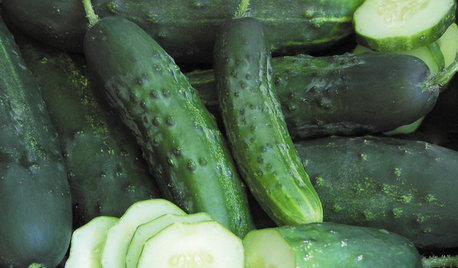
SUMMER FRUITS AND VEGETABLESSummer Crops: How to Grow Cucumbers
Pick a peck for pickles or opt for fewer and raw — no matter how you slice them, cucumbers are great for summer gardens small to large
Full Story
GARDENING GUIDESTree Care: Common Tree Diseases and What to Do About Them
Learn to recognize trees that may be affected by diseases or pests so you can quickly take action
Full Story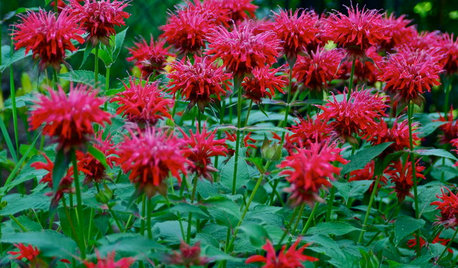
GARDENING GUIDES10 Deer-Resistant Native Flowers to Plant This Fall
Learn about natives that embrace some kinds of wildlife but resist grazing deer
Full Story
GARDENING GUIDES8 Deer-Resistant Elegant Evergreen Shrubs to Plant This Fall
Who knew that such beautiful shrubs could be deer-resistant?
Full Story
TREES7 Deer-Resistant Flowering Trees to Plant this Fall
If you live in a neighborhood with roaming deer, consider these beautiful trees that won't tempt hungry guests
Full Story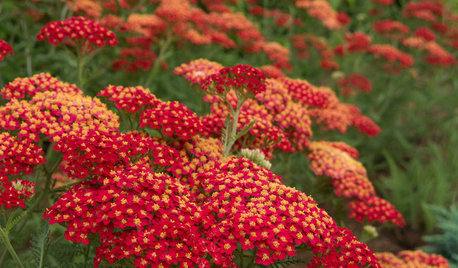
GARDENING GUIDESTop 12 Summer-Blooming Perennials for Deer-Resistant Drama
Can you have garden color, fragrance and exciting foliage with hungry deer afoot? These beauties say yes
Full Story
GARDENING GUIDESGreat Design Plant: Rosa Banksiae a Low-Maintenance Beauty
This thornless, disease- and insect-resistant rose brings showers of white or yellow flowers to the spring garden
Full Story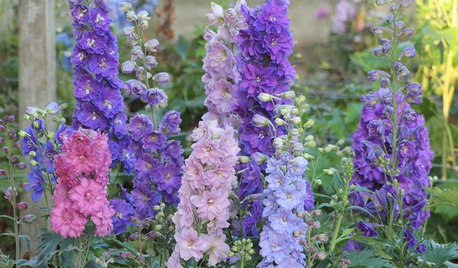
GARDENING GUIDES6 New Plant Varieties That Beat Out Their Parents
With better resistance and fewer demands, these garden beauties are worth a spot on your wish list
Full Story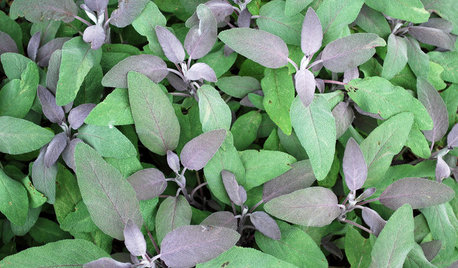
EDIBLE GARDENSHerb Garden Essentials: Grow Your Own Culinary Sage
Fill in your garden with this drought-tolerant perennial that’s flavorful and deer resistant
Full Story
GARDENING GUIDES10 Top Mid-Atlantic Native Plants
Enjoy a four-season garden in the mid-Atlantic region with plants that will stand up to weather shifts, clay soil and the occasional deer
Full StoryMore Discussions






digdirt2
nc_crn
Related Professionals
West Milford Landscape Architects & Landscape Designers · Ferndale Landscape Architects & Landscape Designers · Hershey Landscape Architects & Landscape Designers · Lowell Landscape Architects & Landscape Designers · Maple Valley Landscape Contractors · Cordele Landscape Contractors · Danvers Landscape Contractors · Las Vegas Landscape Contractors · Mastic Beach Landscape Contractors · McLean Landscape Contractors · New Berlin Landscape Contractors · Plainview Landscape Contractors · Southbury Landscape Contractors · York Landscape Contractors · San Pablo Landscape Contractorsbooberry85
aloha10Original Author
jimster
thefarmguy
zeedman Zone 5 Wisconsin
HU-385201736